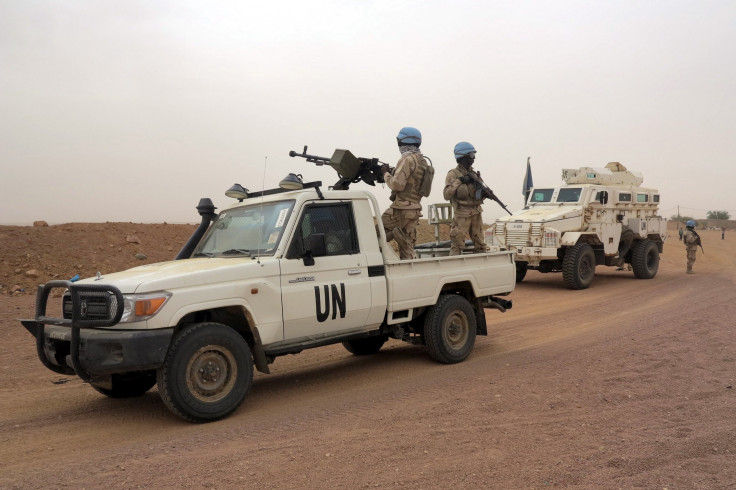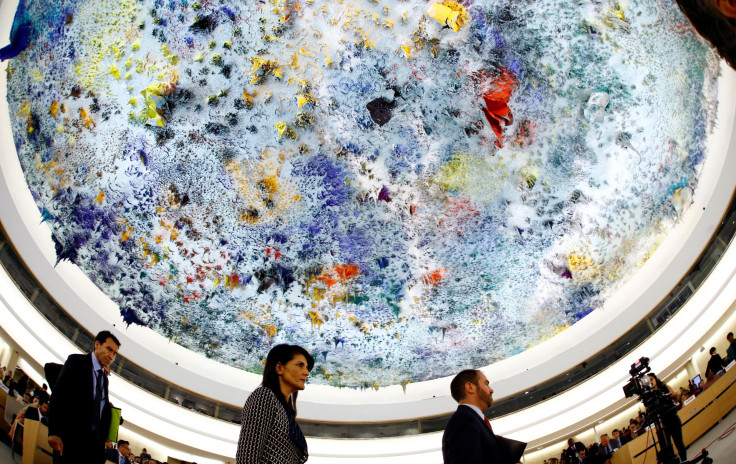UN Peacekeeping Debate: Nikki Haley Says US Won’t Pay More Than 25%

Washington’s envoy to the UN, Nikki Haley, on Wednesday said the U.S. will no longer shoulder more than 25 percent of the multibillion-dollar costs involved in the United Nations’ peacekeeping operations around the globe.
At a Security Council debate on peacekeeping reform, the U.S. Ambassador to the U.N. said: “Peacekeeping is a shared responsibility. … All of us have a role to play, and all of us must step up.”
The United States is, by some distance, the biggest contributor towards the effort, accounting for approximately 28.5 percent of this year’s $7.3 billion budget for the same.
China accounts for the second biggest contribution with a little over 10 percent.
The Associated Press reports, this year’s budget is $570 million lower than last year’s, a decrease too small for U.S. President Donald Trump’s administration’s liking. The United States had pushed for more of a cut.
Haley cited a 25 percent cap according to U.S. law, and added this will be policy “moving forward.” The U.S. Mission to the United Nations, clarified that their ambassador’s remarks applied only to the current peacekeeping budget year.
At present, the U.N. carries out 15 peacekeeping missions around the world, committing more than 105,000 troops, police and other personnel. A majority of these are in African countries, with the largest being in Congo. On Tuesday, the Security Council agreed to continue maintaining a 16,000-troop force there for another year, the AP report said.
The U.N.’s peacekeeping efforts, over the years, have proven to be helpful in protecting civilians and restoring stability, but have drawn criticism as well with regards to corruption and ineffectiveness, a point the Trump cabinet member touched on.
“When given an appropriate mandate, when properly managed and equipped, no one doubts that these missions can play an essential role, supporting peace and saving lives,” Haley said in her address.
As Haley shared a list of principles the United States now looks at when dealing with peacekeeping, she alluded to the past year’s approach of the same by the Trump administration:
“Missions are becoming more effective and more efficient. We reconfigured the mission in Haiti to focus on police and the rule of law. We changed the mission in Darfur and downsized it to reflect current political and security realities. We have supported responsible draw downs of peacekeeping missions, most recently in Liberia, while pushing peacekeepers in Lebanon to actually use all of their mandated authorities, to be more effective in carrying out their tasks. And yet we still have a lot to do. A prime example is in Mali, where the mission struggles to protect itself from terrorist attacks that have made this mission the most dangerous peacekeeping assignment in the world. We have a responsibility to make this mandate realistic and achievable.”
Fatimata Toure, a Malian women’s rights activist told the Security Council Wednesday that violence, in her part of the country continues despite the fact that 13,000 peacekeepers have been deployed there since 2013, after the state deteriorated into turmoil due to a security vacuum created following a March 2012 coup.
General Assembly President Miroslav Lajcak’s spokesmen and UN Secretary-General Antonio Guterres declined to comment on Haley’s remarks and pointed that the budget will be decided by the 193 U.N. member states.

© Copyright IBTimes 2025. All rights reserved.






















